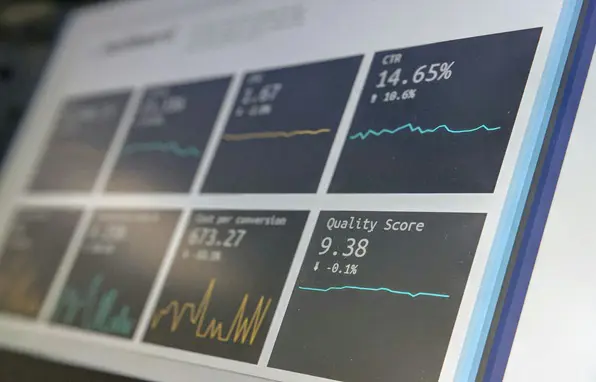Three practical ways to do a financial refresh
29 SEPTEMBER 2023
The new year is here and whether or not you’ve decided to put a list of New Year’s resolutions in place, this is the ideal time of the year to consider the financial dimension of what it means to do a ‘refresh’. Tonia Pavlou, Deputy CFO of consumer finance firm, RCS, encourages South Africans to “pause and plan”, and to spend some time taking stock of their financials before the new year takes full shape and becomes a mad rush.
Tonia Pavlou, Deputy CFO of consumer finance firm, RCS, encourages South Africans to “pause and plan”, and to spend some time taking stock of their financials before the new year takes full shape and becomes a mad rush.
As she explains: “Factors such as the 2022 interest rate hikes, that saw things quickly return to pre-pandemic levels, as well as rising inflation, will continue to place consumer pockets under increasing pressure in 2023. South Africans continue to navigate unchartered territory in many regards, and for this reason, planning and prioritising financial wellness is of the utmost importance.”
Pavlou puts forward the following practical steps as ways to do a “financial refresh”:
Press restart on your savings regime
Research by Sanlam found that almost 60% of South Africans saw a dramatic reduction in their savings habits since the advent of COVID-19. Therefore, while physical lockdown laws are a thing of the past, the financial repercussions for everyday South Africans are still highly evident.
Pavlou urges consumers to see the new year as an opportunity to restart their saving regimes. She reflects that there are simple and practical ways to get back into the swing of saving, even if you fell off the wagon in 2022.
For example: “You can add savings as a line item in your monthly budget and think of it as a bill you need to ‘pay’ to yourself. You could do meal preparation on a Sunday and plan your grocery shopping for the week ahead, instead of opting for impulse food buys. Another easy way to save as a family is to find activities that are free or cost very little – these include hikes, visits to the park, playing board games, going to the library or gardening,” she suggests.
Review your credit score
A survey by TransUnion revealed that South Africans have a long way to go in terms of keeping up to date with their credit score and understanding the long-term implications of staying credit healthy. According to the National Credit Regulator, very few credit-active consumers review their credit reports on an annual basis.
What many South Africans don’t realise is that the Credit Bureau is required by law to provide consumers with a free credit report – the accumulative information of which results in the calculation of a yearly credit score. There are several providers who offer free, online access to this report.
As Pavlou expands: “Checking your credit score is not only about gaining clarity on your level of indebtedness. It is also critical to keep abreast of your credit score so that if any miscalculations are identified or information needs to be disputed, you can raise this with the Credit Bureau within the legally stipulated period of 30 days. Credit scores have far-reaching implications for access to credit in the future, so consumers need to make sure they double check that all their information is captured correctly.”
Optimise your rewards
Reward and loyalty programmes are becoming increasingly important strategies for cutting back on spending by getting some form of cash back.
Pavlou suggests that paying closer attention to how you can earn discounts and rewards simply by spending at specific stores, can make a tangible difference.
“Couponing is a great example of how consumers overseas use loyalty programmes to their advantage. In South Africa, with more retailers from food to homeware to apparel and even fuel using cash back and rewards systems to incentivise spending, a significant degree of power is placed back in the hands of consumers.
As part of your financial refresh, review the rewards programmes on offer from your credit provider, bank, and retail stores. With a bit of foresight, you can find creative ways to save while you spend. Rewards are therefore a great way of getting the best of both worlds,” concludes Pavlou.



